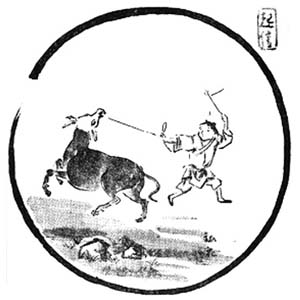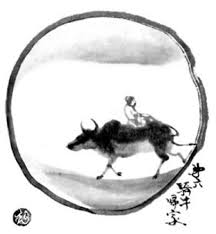Is it possible that, despite the absence of thoughts, something other than arising cognitions pulls my attention away from the meditation object?
Yes, of course. If you are attempting to focus on something, any other experience can pull your attention away.
Just to be clear: I am asking what specifically are the type of possible distractions which may arise in meditation.
Sights, sounds, tastes, feelings, smells, thoughts.
I'm also wondering what is the relative strength of these distractions, for example: does a single thought break concentration? Does paying attention to some external object merely once break concentration?
The strength of a distraction entirely depends on how much time you devote to observing it. If you hear a sound and focus on it for only a moment, it was a small break in concentration. If you smell something and keep focusing on it over and over, it is a large break in concentration.
If your intention is to cultivate concentration skills, keep doing what you are doing. You sound as if you have extremely good concentration skills already and are now grappling with only very small breaks in concentration.
If your intention is to cultivate wisdom and see the truth, you have already overcome one of the largest hurdles, quieting the mind. Now it is time to start observing all experience, and not focusing on a meditation object.
Cultivating concentration is one method of learning to quiet the mind. Once you have achieved that, on the path to wisdom, there is no more benefit to enhancing concentration.
As you most likely already know, when we think, there is an automatic process of identification and labeling that occurs. When you hear a sound, you immediately think "that is a bird". This is why we always meditate with our eyes shut, for we see/identify/label "different objects" in our sight without even thinking about it. By cultivating concentration, we learn to quiet these thoughts.
You sound like a very advanced meditation practitioner that is extremely skilled in concentration! If I were you, I would stop concentrating and without thinking observe experience. While you do that, try to find answers to questions like:
What is I?
What is not I?
What is internal?
What is external?
What is experience?
How far away from you does experience occur?
How close to you does experience occur?
What is physical?
What is non-physical?
Thoughts and preconceptions mask true experience. Do not believe you need to have unbroken concentration for X amount of time to advance knowledge and gain wisdom. If you rarely ever have thoughts during your practice, you already have the tools you need. You have done a great job, well done! I wish you well on your path and hope you get where you'd like to be going soon. Forgive me if I made too many assumptions of your intentions. =]

